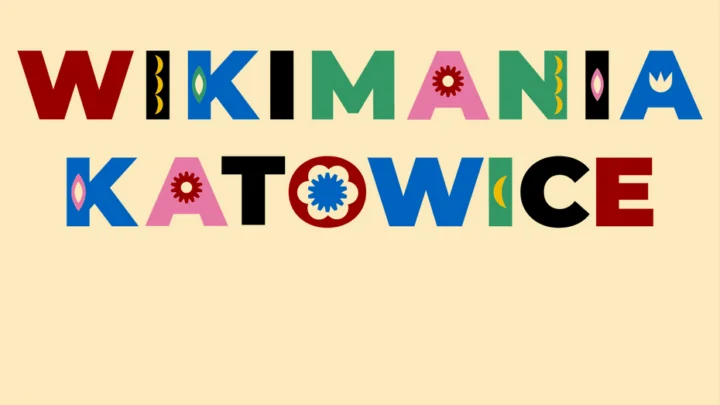Celtic Knot 2020: Wikimedia’s language conference went digital

Léa Lacroix
21. July 2020
As of today, Wikipedia exists in 309 different languages. The conference aims to help people to direct the flow of information across the language barriers and support their communities with various technological solutions. A big and important part is the international exchange happening during Celtic Knot. In 2020, the organizers therefore faced the challenge of creating an atmosphere of trust and enabling dialogue across time zones.
Wikidata, a key to support languages on the Wikimedia project
As in the past editions of the Celtic Knot Conference, Wikidata was one of the main topics presented during the program and in the discussions among participants. After an introduction to the project and a demonstration of editing, to make sure that all participants had a common understanding of Wikidata, participants were encouraged to edit data in their favorite language, or to think of the possibility to enable Wikidata-powered infoboxes on their local Wikipedia.
For communities having a small number of editors, keeping the data up to date can look like a daunting task. This is where Wikidata can help: data stored in one place, updated by a huge international community, easy to reuse, and updated automatically. Several Wikipedias, such as Welsh, Catalan or Basque, already embrace Wikidata and reuse it in the content of their articles. Another use case is to enter place names in their local language, like it was done for Northern Sámi, to increase the visibility of the language on the Internet.
A remote and international conference
The scope of the Celtic Knot conference goes way beyond the Celtic languages spoken in Europe. The program also contained presentations about Berber languages, languages of Russia or Santali Wikipedia, and the participants were expected to attend from various places in the world.
One of the challenges of the conference was to make sure that participants from different time zones could participate in the event and interact with each other. This is the reason why part of the program was pre-recorded, when the live program was also accessible in replay directly after being broadcasted. In addition, asynchronous discussions were encouraged on different channels, like Etherpad pages connected to each session. This allowed participants to watch videos and ask questions to the speakers after their release time. A majority of the 60 active participants attended from Europe, but several other continents were represented, with attendees connected from South Africa, Ghana, India, Russia or Brazil.
Organization of a fully digital event: challenges and learnings
The Celtic Knot was a collaboration between several organizations: Wikimedia Ireland, as the conference was originally to be hosted by the Hunt Museum in Limerick, Wikimedia UK, with the support of Wikimedia Deutschland for coordination and communication. When the global pandemic hit the world, the organizers made the choice of maintaining the event with a remote format. A new concept was designed, taking into account the remote situation of speakers and participants. Overall, the online experiment was a success, and allowed people who would not have been able to travel to Ireland to enjoy the content and discussions of the conference.
The organizers put a lot of thought into the choice of tools and methods: when possible, open source and freely accessible tools were chosen such as Wiki pages and an Etherpad. In order to provide a great experience to the participants, they sometimes decided to rely on proprietary, but stable and reliable solutions, such as Streamyard to host the speakers, Youtube to broadcast and host the content, or Telegram for social channels.
The team learned a lot in the process of preparing the conference: how to set up an online program, how to prepare the speakers, how to deal with unexpected spam during a session, or to engage with remote participants. The documentation page provides a wide range of learnings and further details about the choice of tools.
Next Celtic Knot to be held in Tromsø, Norway
The conference is taking place every year in a different place, owned by different organizers. In 2021 and if the global health conditions allow it, the conference should be organized by Wikimedia Norway and take place in Tromsø, in the northern area of Norway. It will certainly focus on the Sámi languages and their integration into the Wikimedia projects.
Until then, you can rewatch the entire content of the Celtic Knot 2020 from the program pages, or get in touch with other people excited about languages in the Wikimedia projects, such as the Wikimedia Language Diversity project.




